crm系统有什么作用英文
-
Title: The Functions of CRM System
Introduction
Customer Relationship Management (CRM) system plays a crucial role in business operations by helping organizations efficiently manage interactions with current and potential customers. This article will discuss the various functions of a CRM system in detail, including its importance, benefits, and implementation process.-
Understanding CRM System
- Definition of CRM: CRM system is a technology tool that helps businesses manage relationships and interactions with customers and potential customers. It involves using data analysis about customer history with a company to improve business relationships, specifically focusing on customer retention and ultimately, driving sales growth.
-
Functions of CRM System
A. Customer Data Management- Gathering and storing customer information, such as contact details, purchase history, preferences, and interactions.
- Centralizing data to provide a comprehensive view of customers.
B. Sales Automation
- Managing sales leads efficiently and tracking the progress of sales opportunities.
- Automating tasks like sending emails, scheduling appointments, and updating customer records.
C. Marketing Automation
- Creating and managing marketing campaigns.
- Segmenting customers based on their behavior and interests.
D. Customer Service and Support
- Providing customer service through various communication channels.
- Maintaining a record of customer inquiries and providing timely responses.
E. Analytics and Reporting
- Analyzing customer data to gain insights into customer behavior and preferences.
- Generating reports on sales performance, customer engagement, and marketing campaigns.
-
Importance of CRM System
- Improves Customer Relationships: By centralizing customer data, organizations can tailor their interactions with customers, leading to improved customer satisfaction and loyalty.
- Increases Sales Efficiency: Sales automation tools streamline the sales process, helping sales teams manage leads effectively and close deals faster.
- Enhances Marketing Effectiveness: Marketing automation enables targeted messaging and personalized campaigns, resulting in higher conversion rates and ROI.
- Improves Customer Service: CRM systems empower customer service teams to deliver personalized support, resolve issues quickly, and enhance overall customer experience.
-
Benefits of CRM System
- Increased Revenue: By better understanding customer needs and behavior, organizations can cross-sell and up-sell products/services, ultimately driving revenue growth.
- Better Customer Retention: Personalized interactions and timely responses to customer inquiries foster loyalty and retention.
- Improved Decision-Making: Data-driven insights provide valuable information for decision-making, allowing companies to enhance strategies and operations.
- Enhanced Collaboration: CRM systems facilitate collaboration across teams by providing a centralized platform for sharing information and communicating effectively.
-
Implementing a CRM System
A. Define Objectives: Identify the key goals and objectives for implementing the CRM system, such as improving customer service, increasing sales, or enhancing marketing efforts.
B. Choose the Right CRM Software: Select a CRM system that aligns with your business needs, considering factors like scalability, integration capabilities, and ease of use.
C. Data Migration: Transfer existing customer data to the new CRM system, ensuring data accuracy and consistency.
D. Training and Adoption: Train employees on how to use the CRM system effectively and encourage adoption across the organization.
E. Continuous Improvement: Regularly review and optimize the CRM system to ensure it meets evolving business requirements and delivers desired outcomes.
Conclusion
CRM system serves as a pivotal tool for businesses to build and maintain strong customer relationships, drive sales growth, and enhance operational efficiency. By leveraging the functions and benefits of a CRM system, organizations can achieve significant improvements in customer satisfaction, revenue generation, and overall business performance.1年前 -
-
Customer Relationship Management (CRM) systems play a crucial role in helping organizations manage and analyze interactions with customers and potential customers. These systems are designed to streamline processes, improve customer satisfaction, and drive sales growth. Here are some key functions and benefits of CRM systems:
-
Centralized Customer Database: CRM systems serve as a centralized hub for storing all customer data, including contact information, purchase history, preferences, and interactions. This comprehensive view of customers allows organizations to personalize their marketing and sales efforts effectively.
-
Customer Segmentation: CRM systems enable businesses to segment their customer base based on various criteria such as demographics, purchase behavior, or preferences. This segmentation helps in targeted marketing campaigns tailored to specific customer groups.
-
Lead Management: CRM systems help in managing leads by tracking their interactions with the organization and nurturing them through the sales funnel. This ensures that sales teams focus their efforts on leads with the highest potential for conversion.
-
Sales Automation: CRM systems automate various sales processes such as lead assignment, follow-ups, pipeline management, and forecasting. This automation increases the efficiency of sales teams and helps in closing deals faster.
-
Customer Service and Support: CRM systems facilitate better customer service by providing a 360-degree view of customer interactions. This helps customer service representatives to resolve issues promptly and effectively, leading to higher customer satisfaction and loyalty.
-
Marketing Campaign Management: CRM systems assist in planning, executing, and tracking marketing campaigns. By analyzing customer data, organizations can target the right audience with personalized messages, leading to improved campaign effectiveness.
-
Analytics and Reporting: CRM systems provide valuable insights through analytics and reporting features. Organizations can track key performance indicators, such as sales growth, customer retention rates, and customer lifetime value, to make informed business decisions.
-
Integration with Other Systems: CRM systems can be integrated with other business systems such as ERP, marketing automation, and e-commerce platforms. This seamless integration ensures a unified view of customer data across the organization and streamlines business processes.
In conclusion, CRM systems play a vital role in helping organizations build strong and lasting relationships with their customers. By leveraging the capabilities of CRM systems, businesses can drive sales growth, improve customer satisfaction, and gain a competitive edge in today's dynamic marketplace.
1年前 -
-
The functions of a CRM system can be summarized as follows:
-
Customer Relationship Management: A CRM system helps in managing and maintaining relationships with customers by storing their contact information, past interactions, preferences, and purchase history in a centralized database. This allows businesses to have a holistic view of each customer, enabling them to personalize their interactions and provide better customer service.
-
Sales Management: CRM systems help in managing sales pipelines, tracking leads and opportunities, and automating sales processes. This enables sales teams to prioritize leads, forecast sales, and monitor the performance of individual sales representatives.
-
Marketing Automation: CRM systems streamline marketing activities by automating processes such as email campaigns, lead nurturing, and customer segmentation. This helps in targeting the right audience with personalized messages, tracking the effectiveness of marketing campaigns, and generating more leads.
-
Customer Support: CRM systems facilitate customer support by enabling businesses to track and manage customer inquiries, complaints, and feedback. By providing a centralized platform for customer support teams to access customer information and interactions, CRM systems help in resolving issues more efficiently and improving customer satisfaction.
-
Reporting and Analytics: CRM systems provide insights through customizable reports and dashboards that help businesses analyze their sales performance, customer behavior, and overall business operations. By tracking key performance indicators and trends, businesses can make informed decisions and continuously improve their processes.
In conclusion, a CRM system is a valuable tool for businesses to manage relationships with customers, streamline sales and marketing activities, improve customer support, and gain valuable insights through reporting and analytics. By utilizing a CRM system effectively, businesses can strengthen customer relationships, increase sales, and drive business growth.
1年前 -



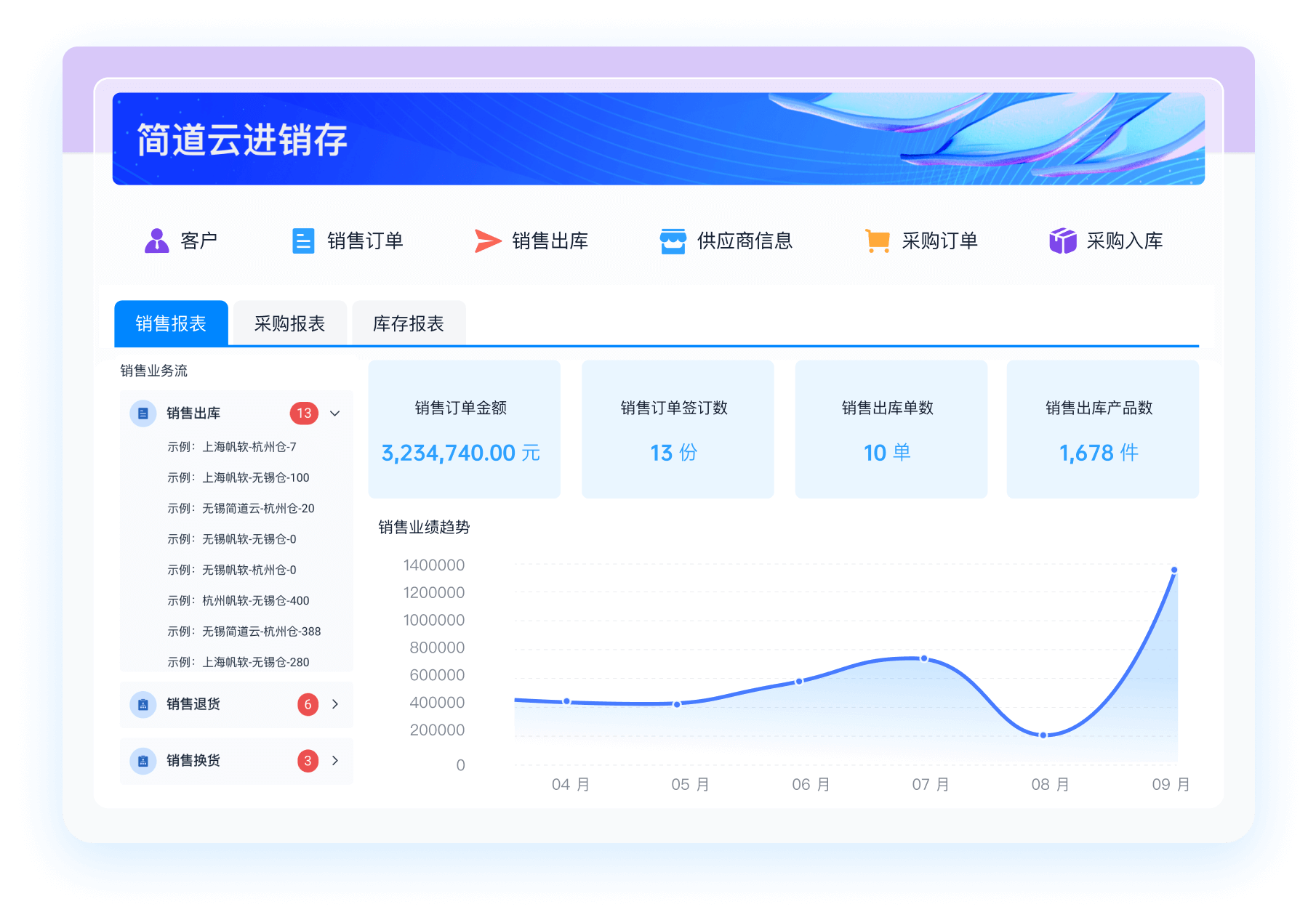
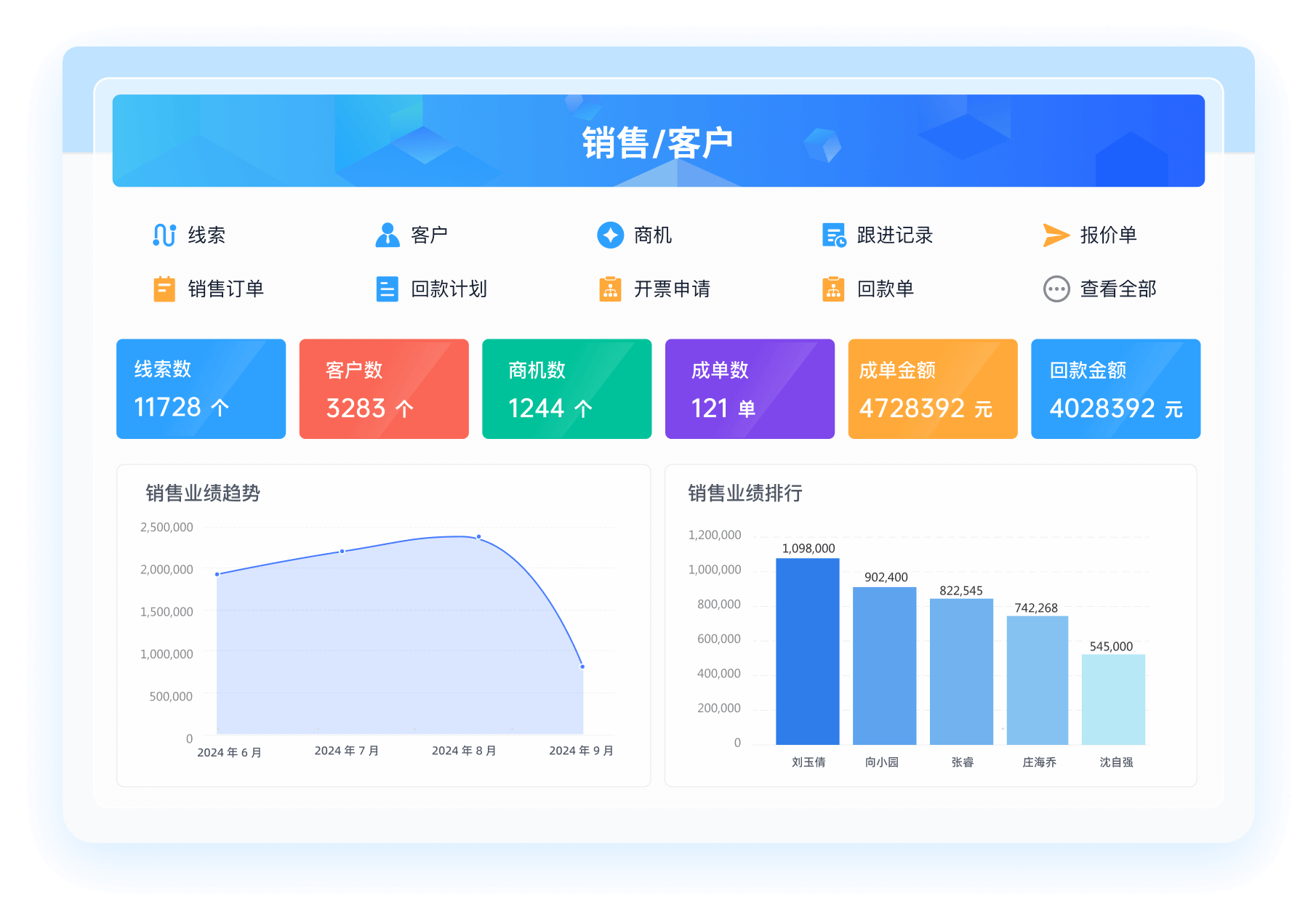
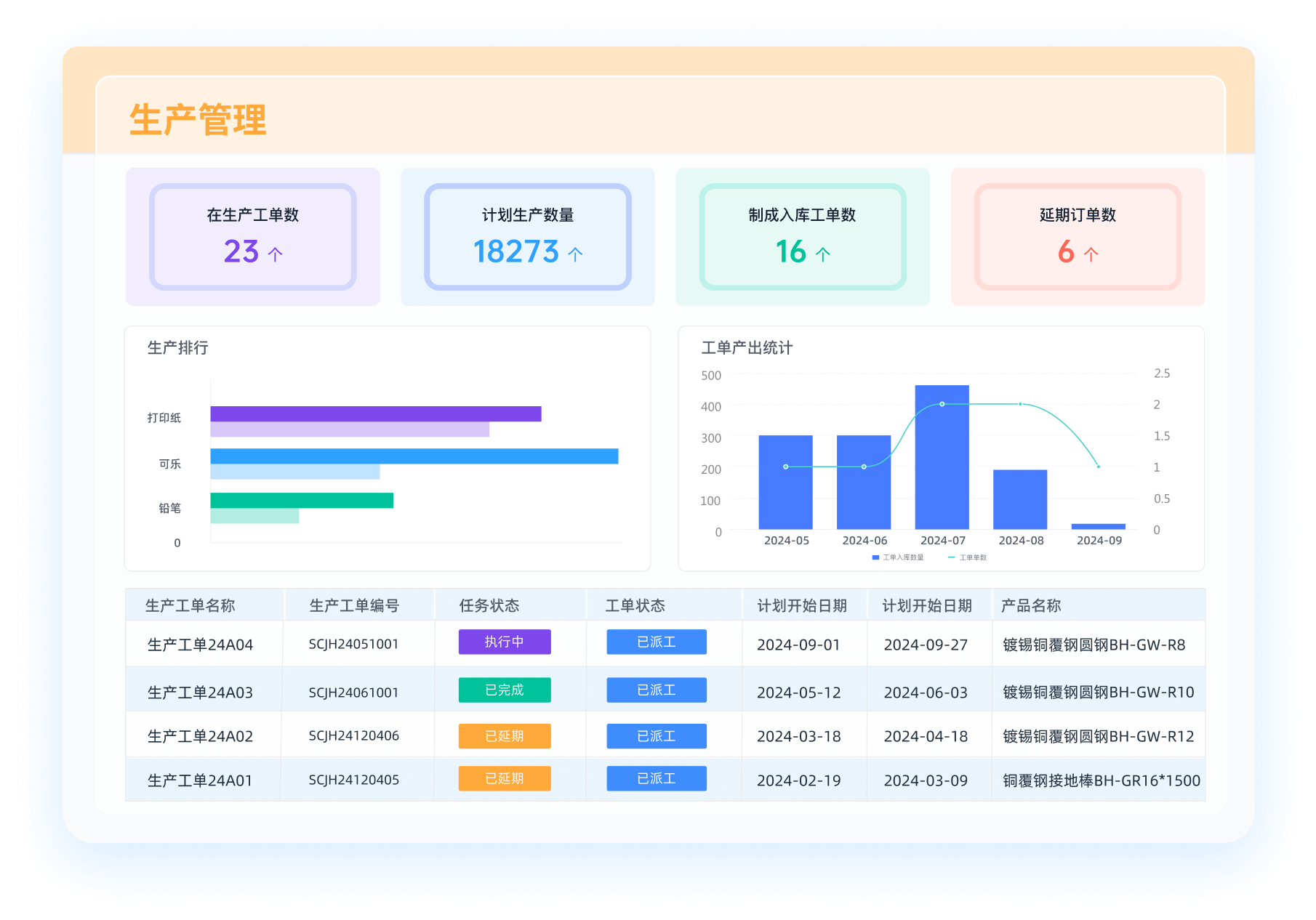
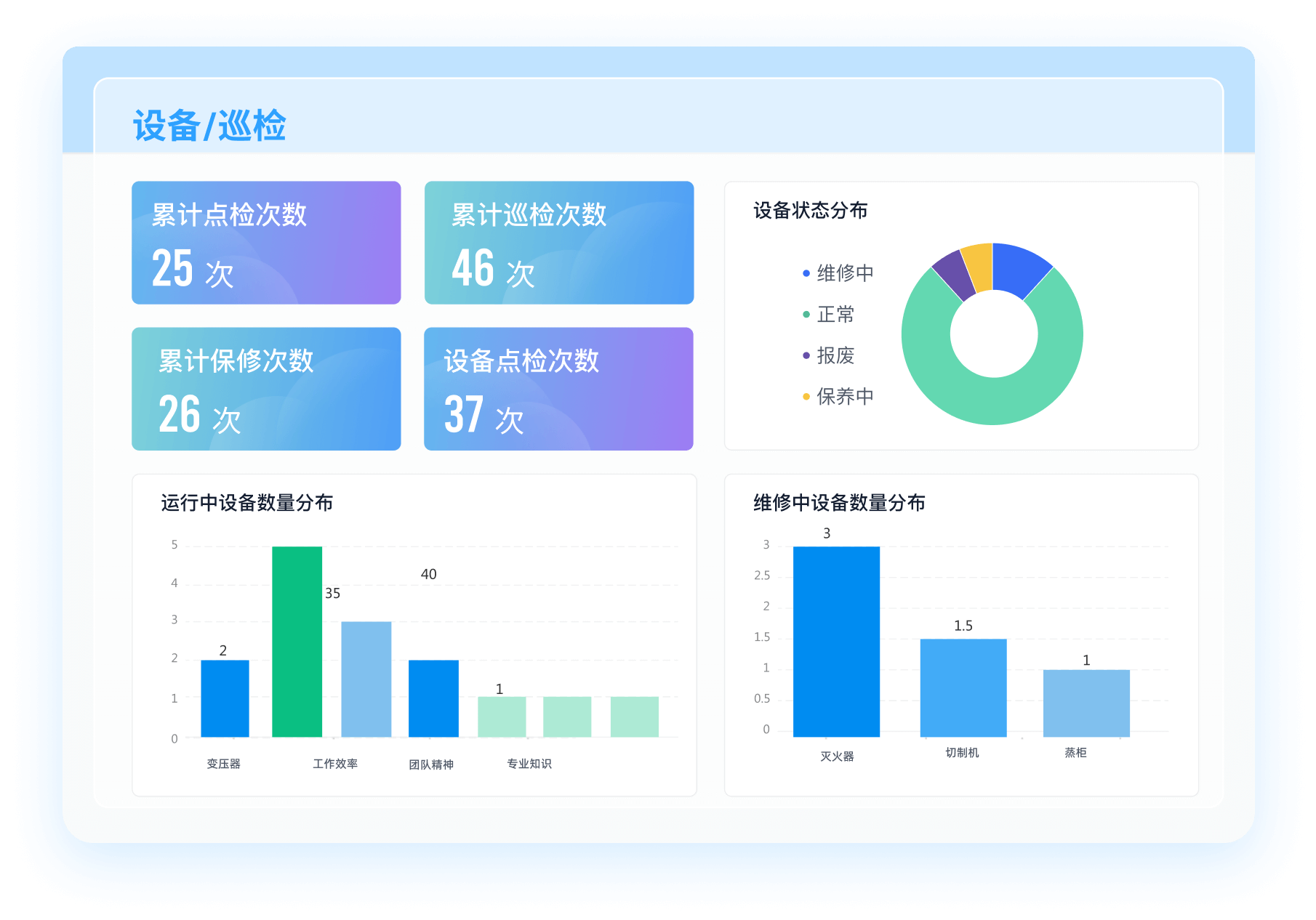
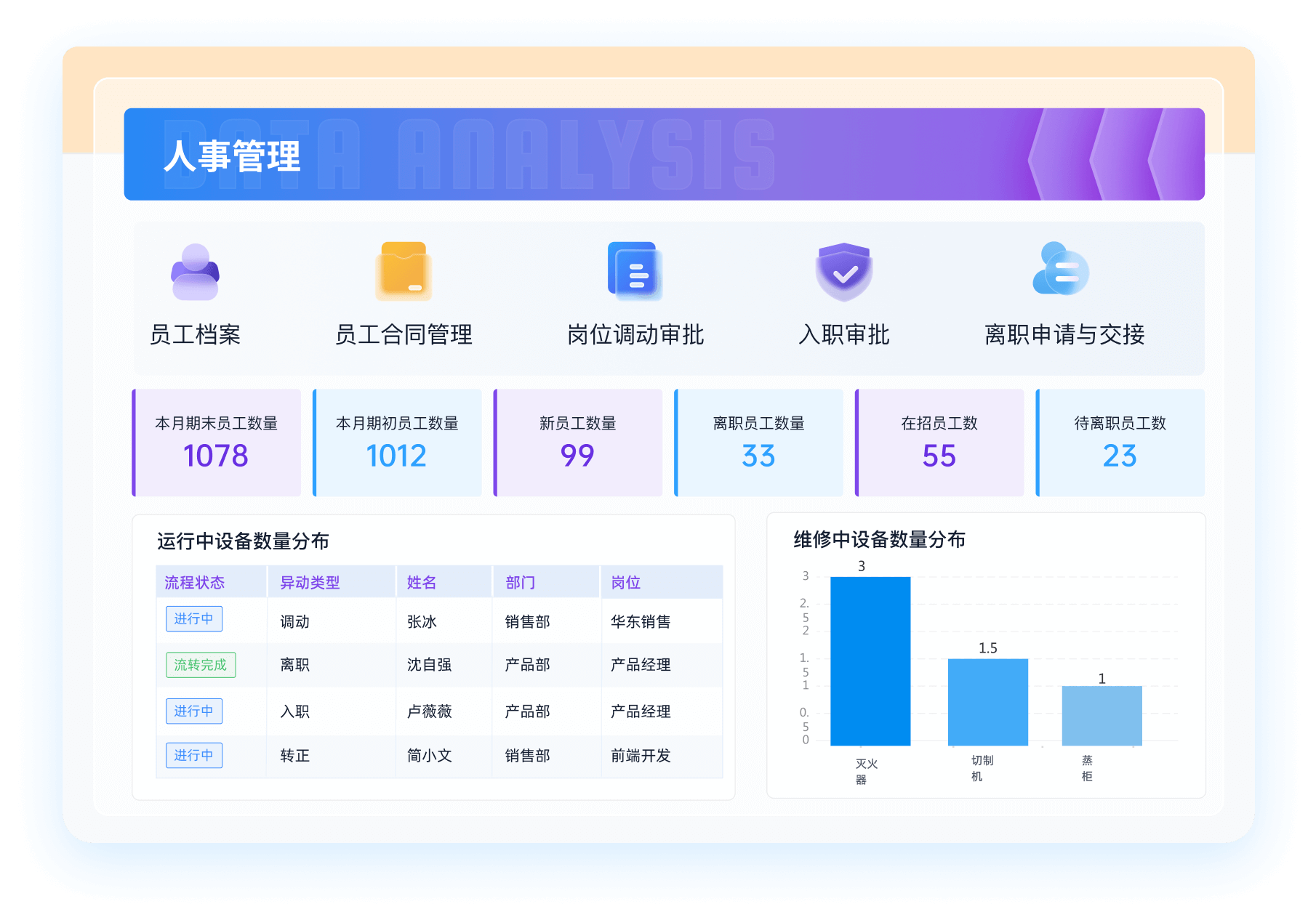
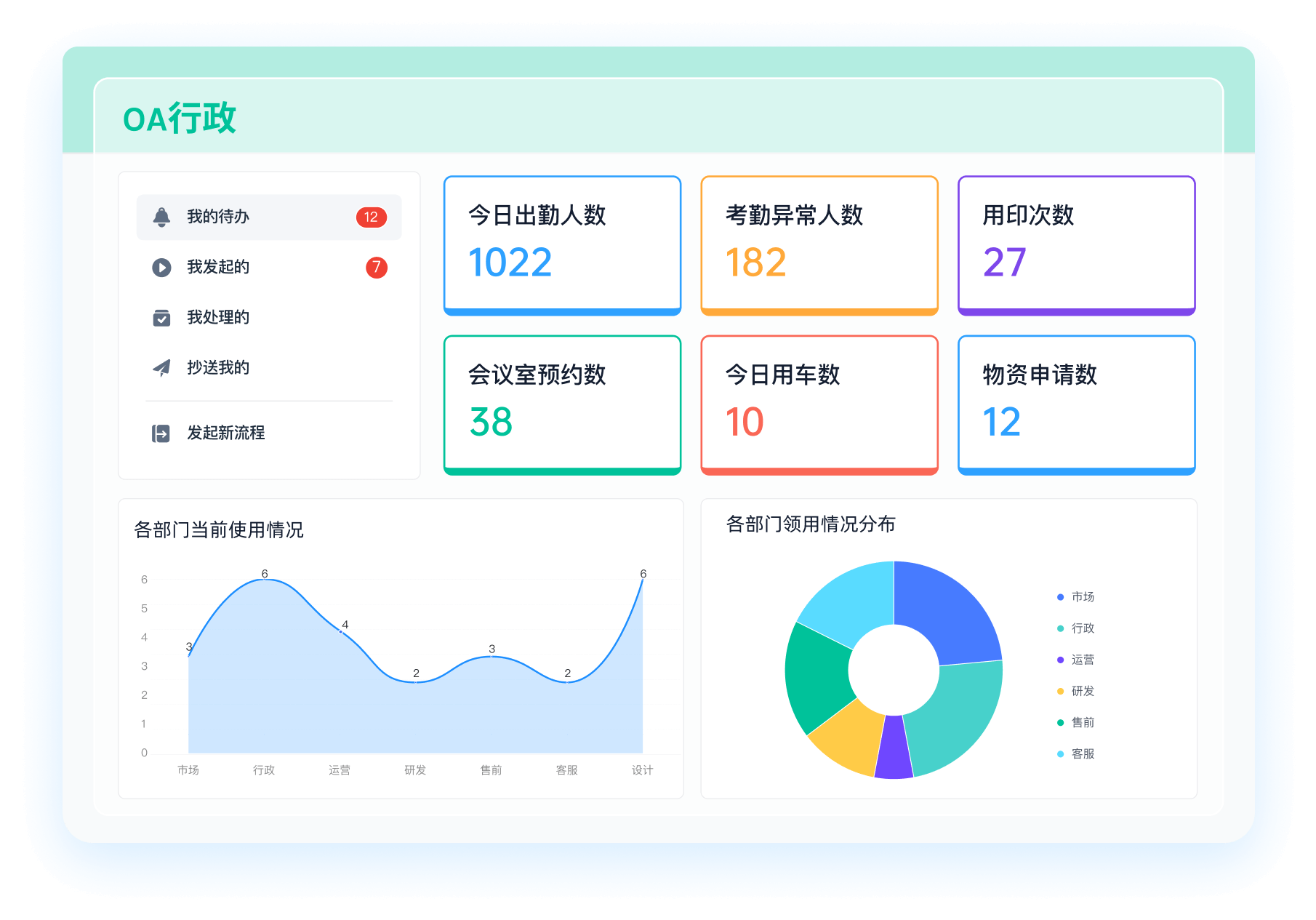
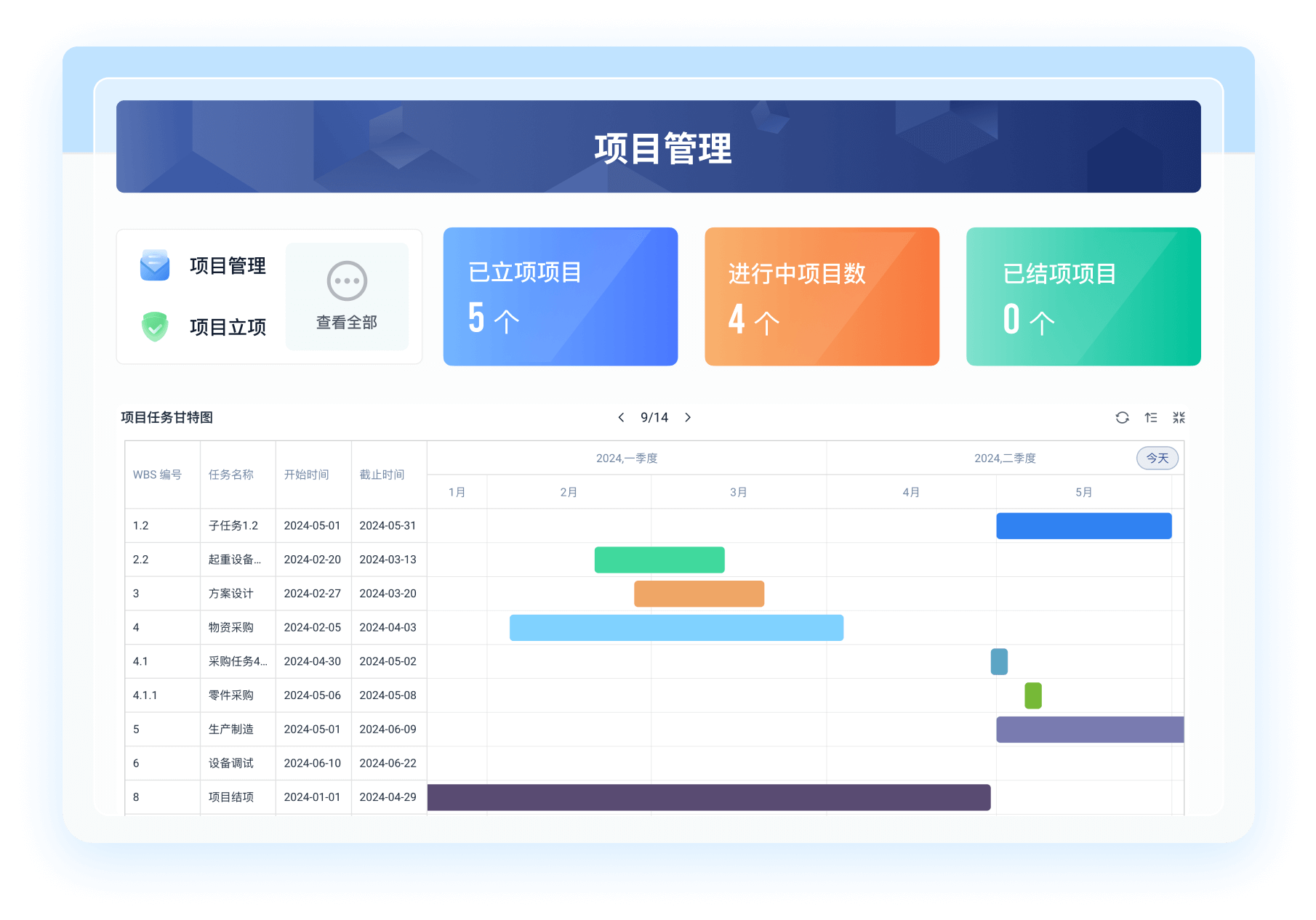
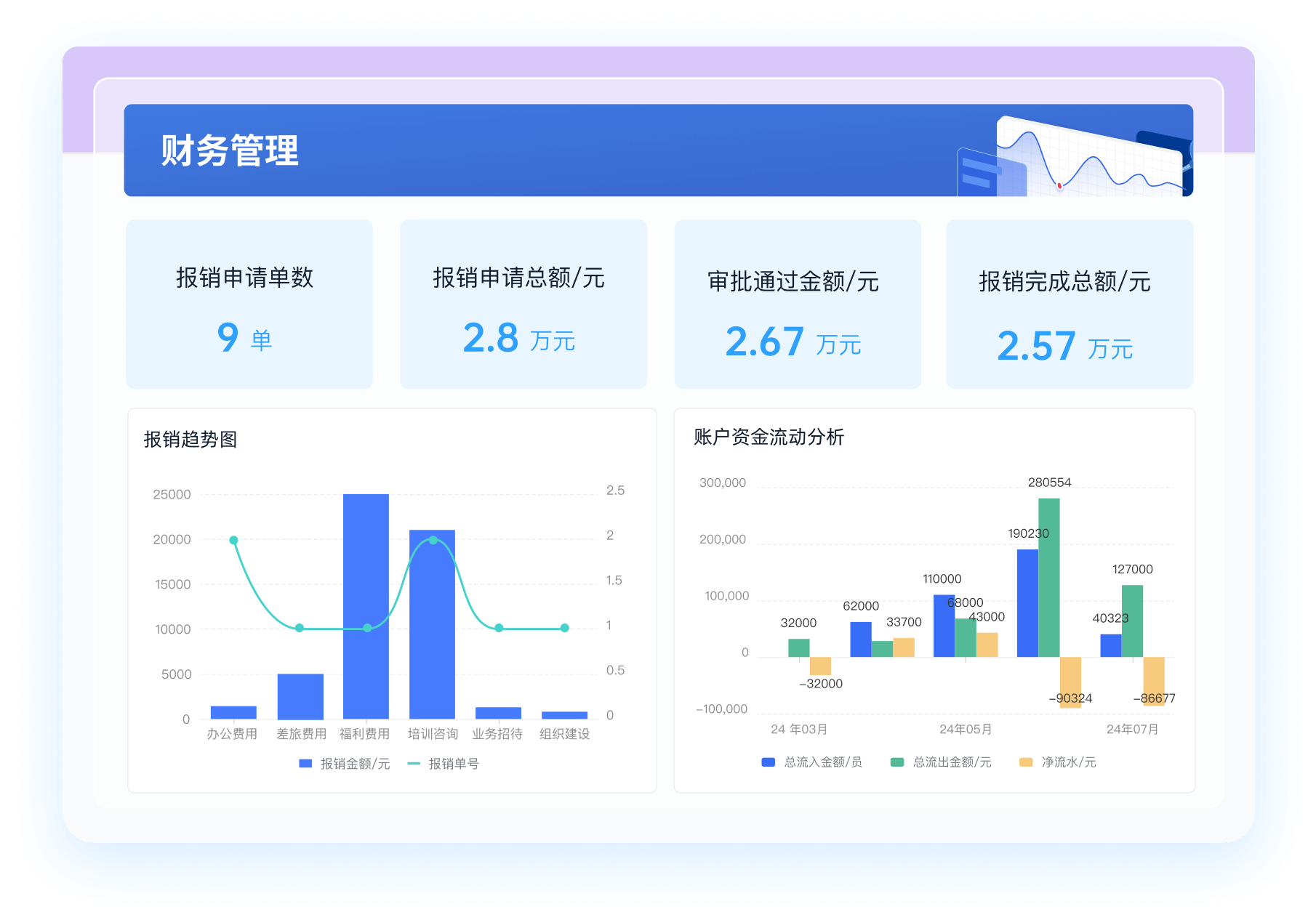
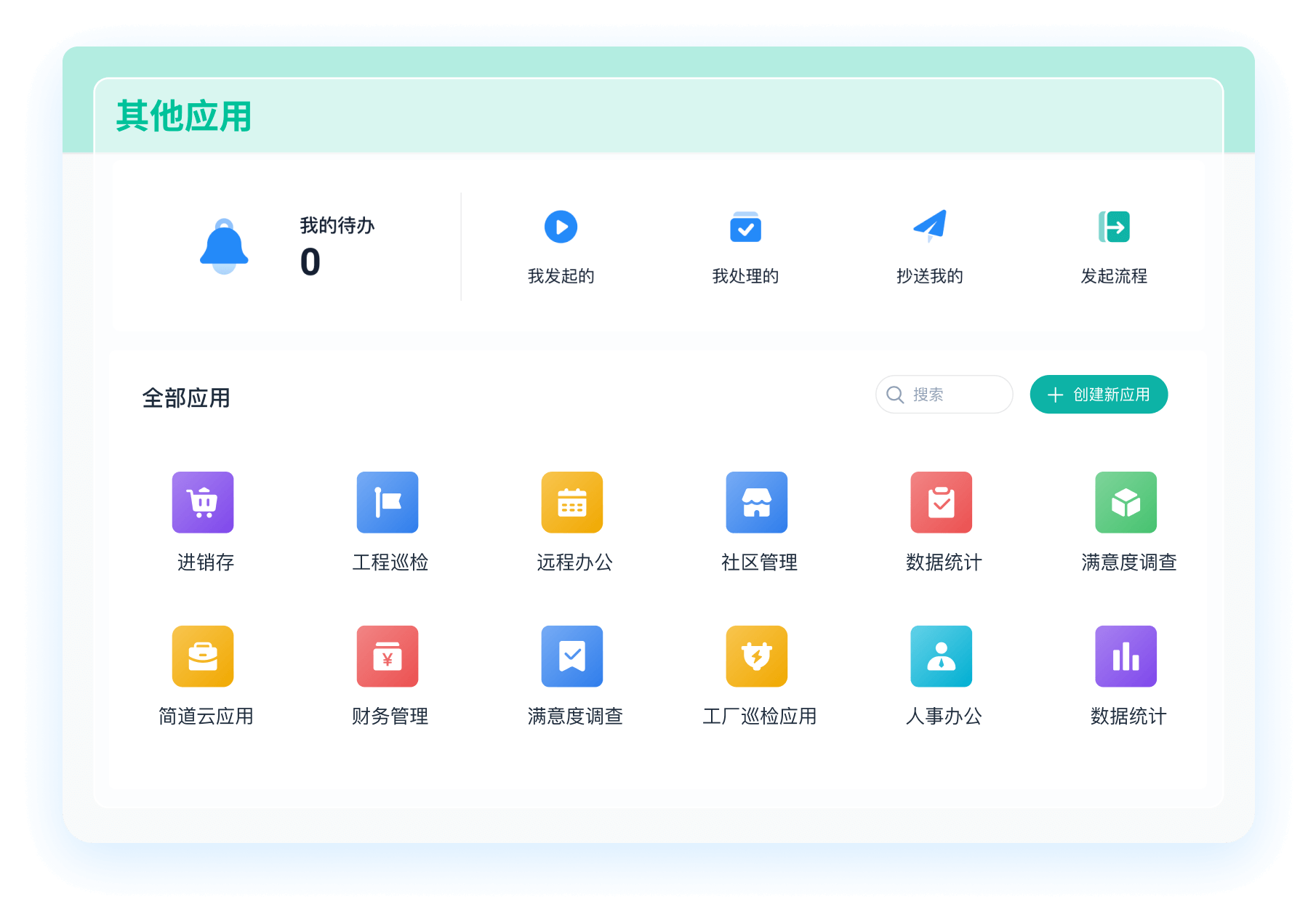
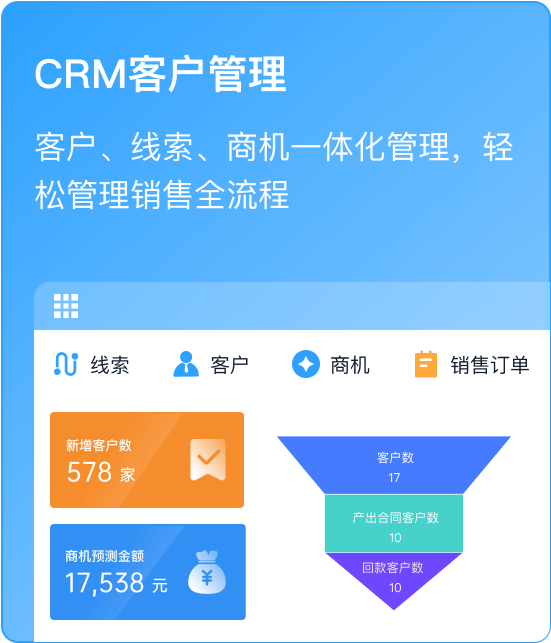



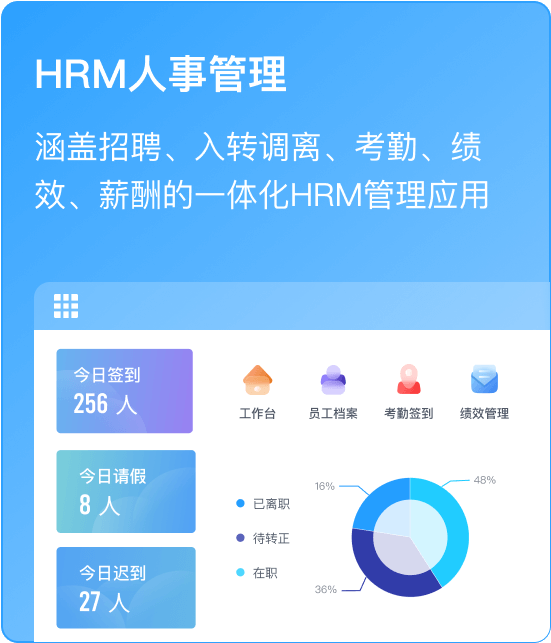
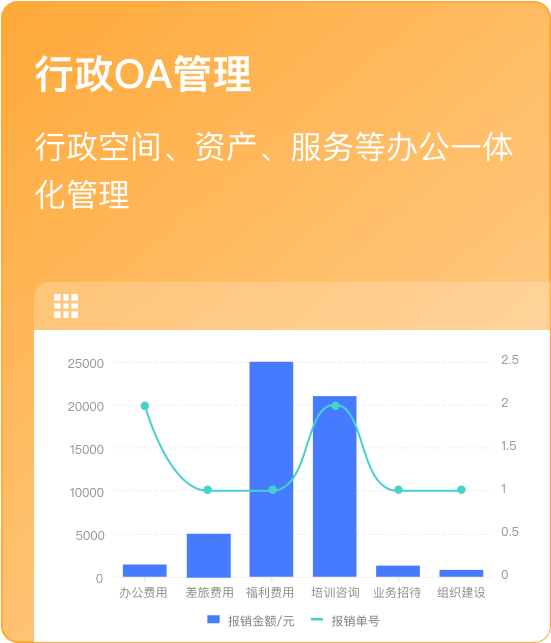

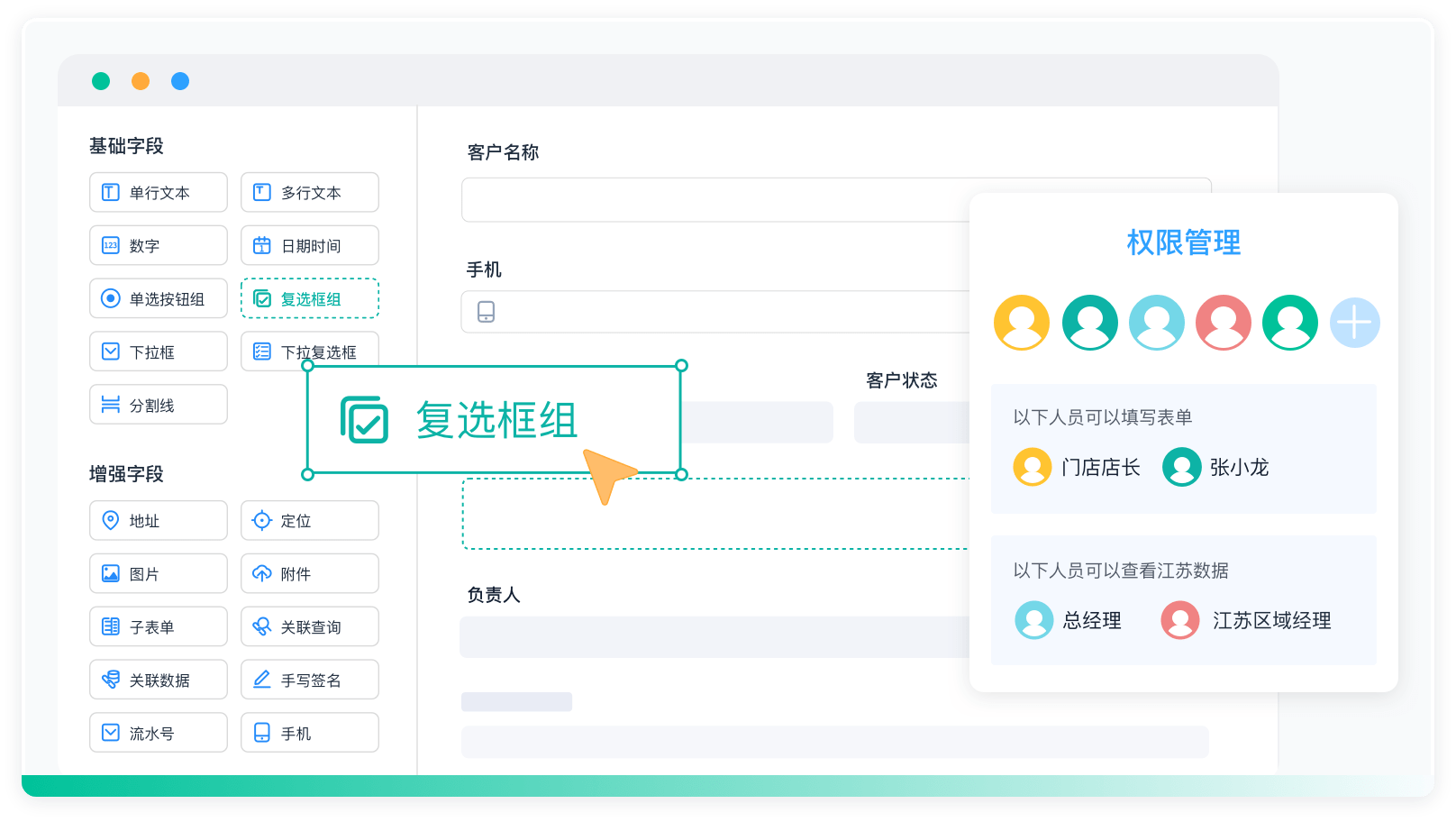
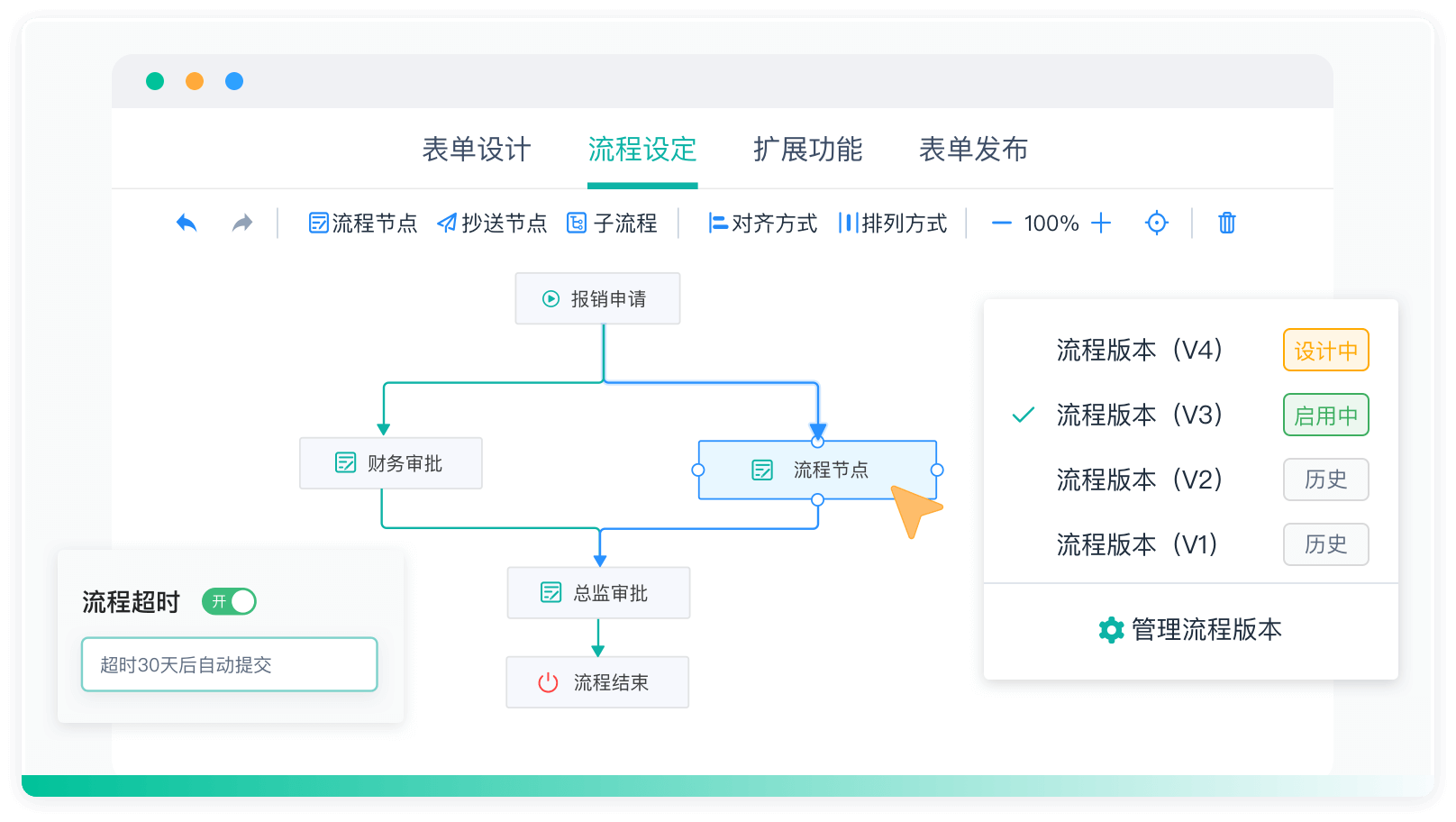
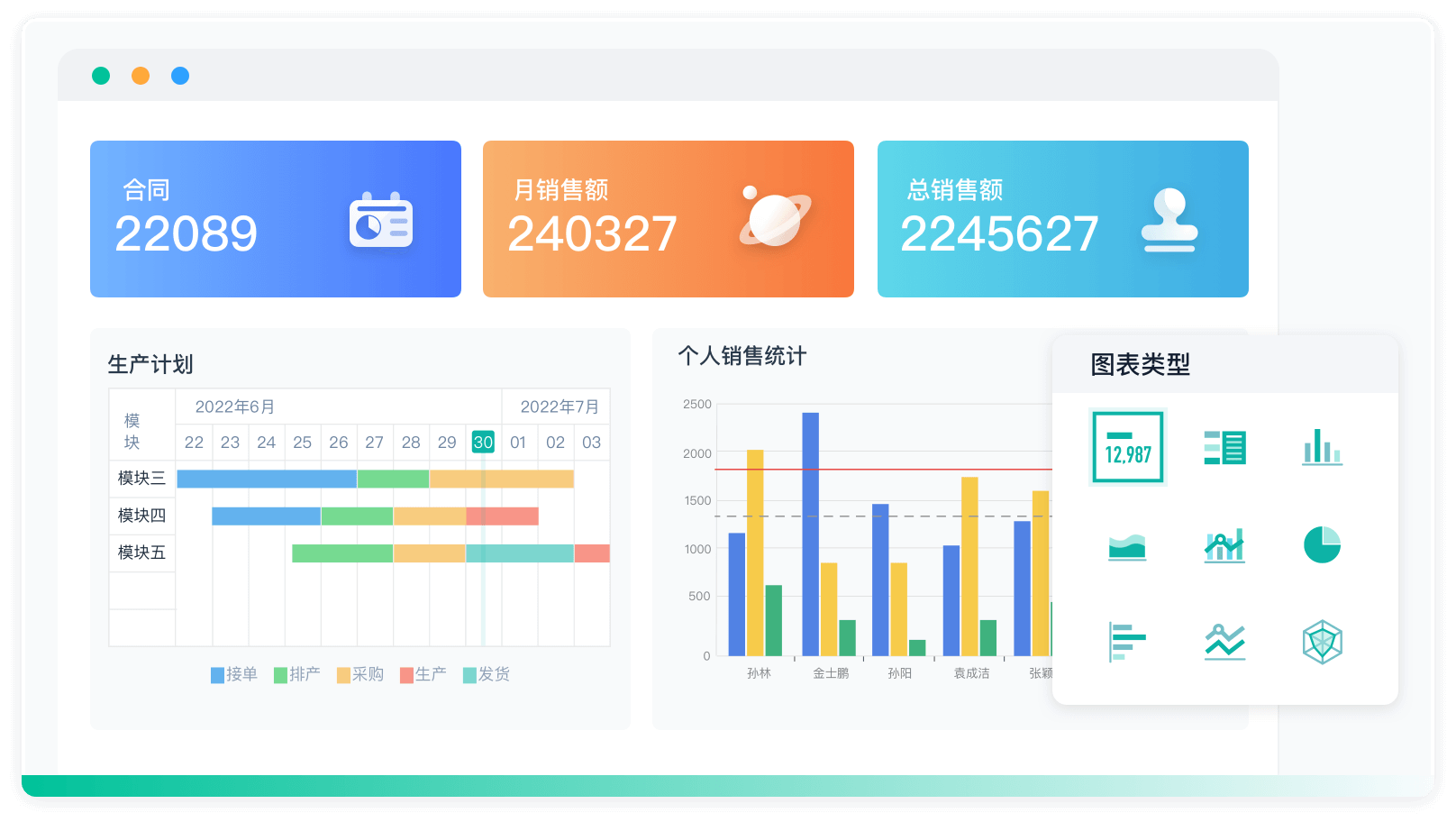
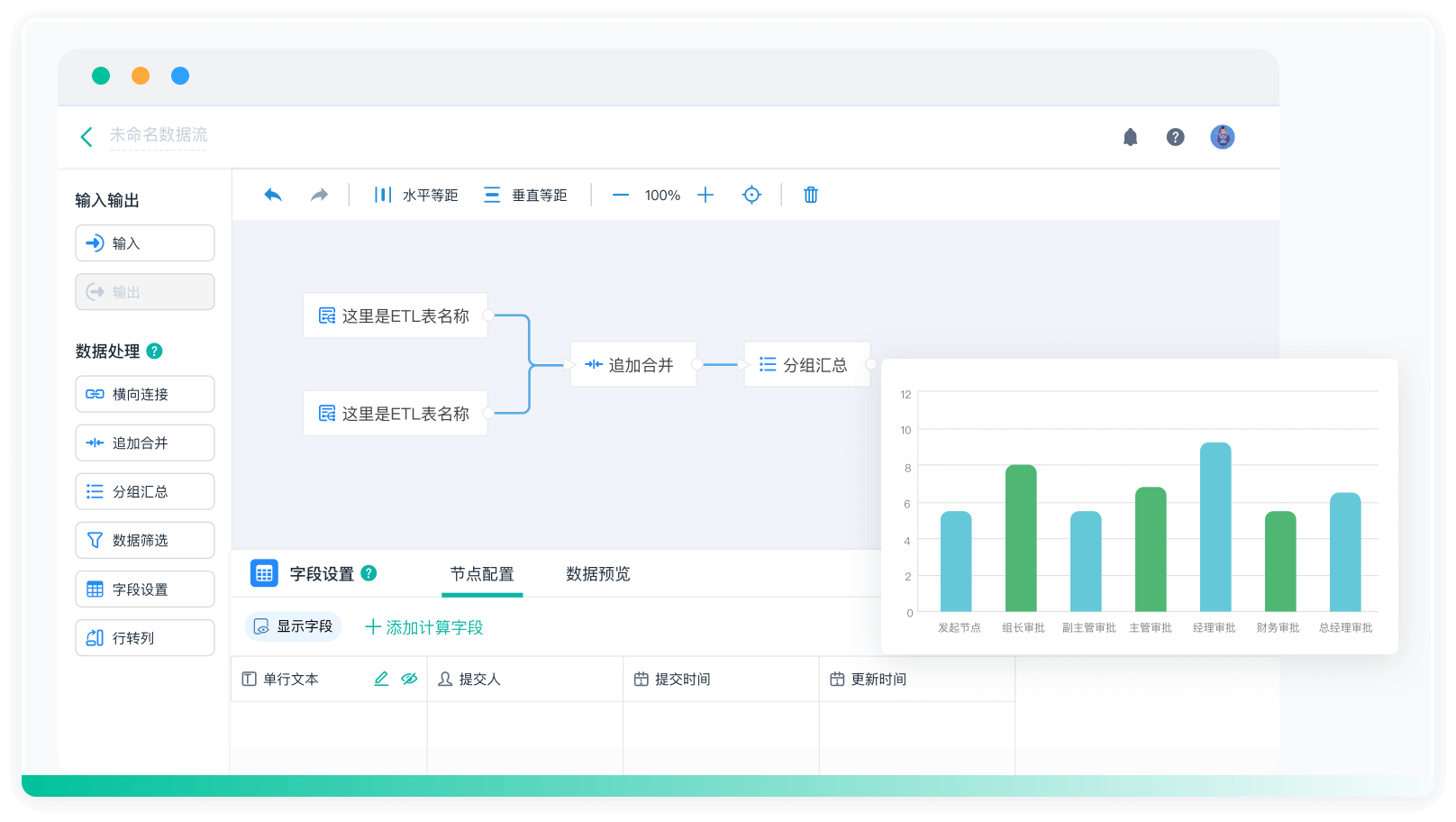
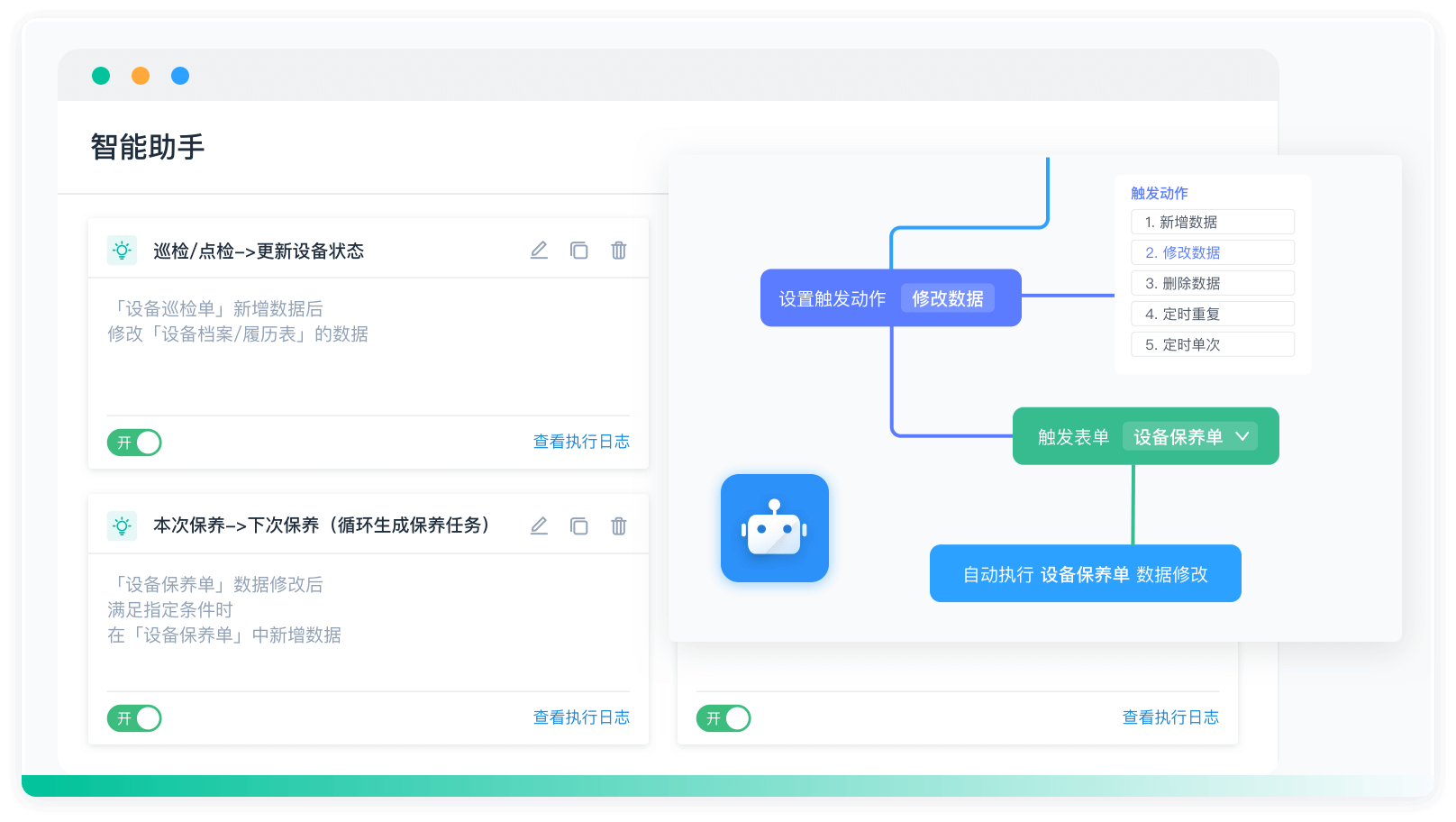
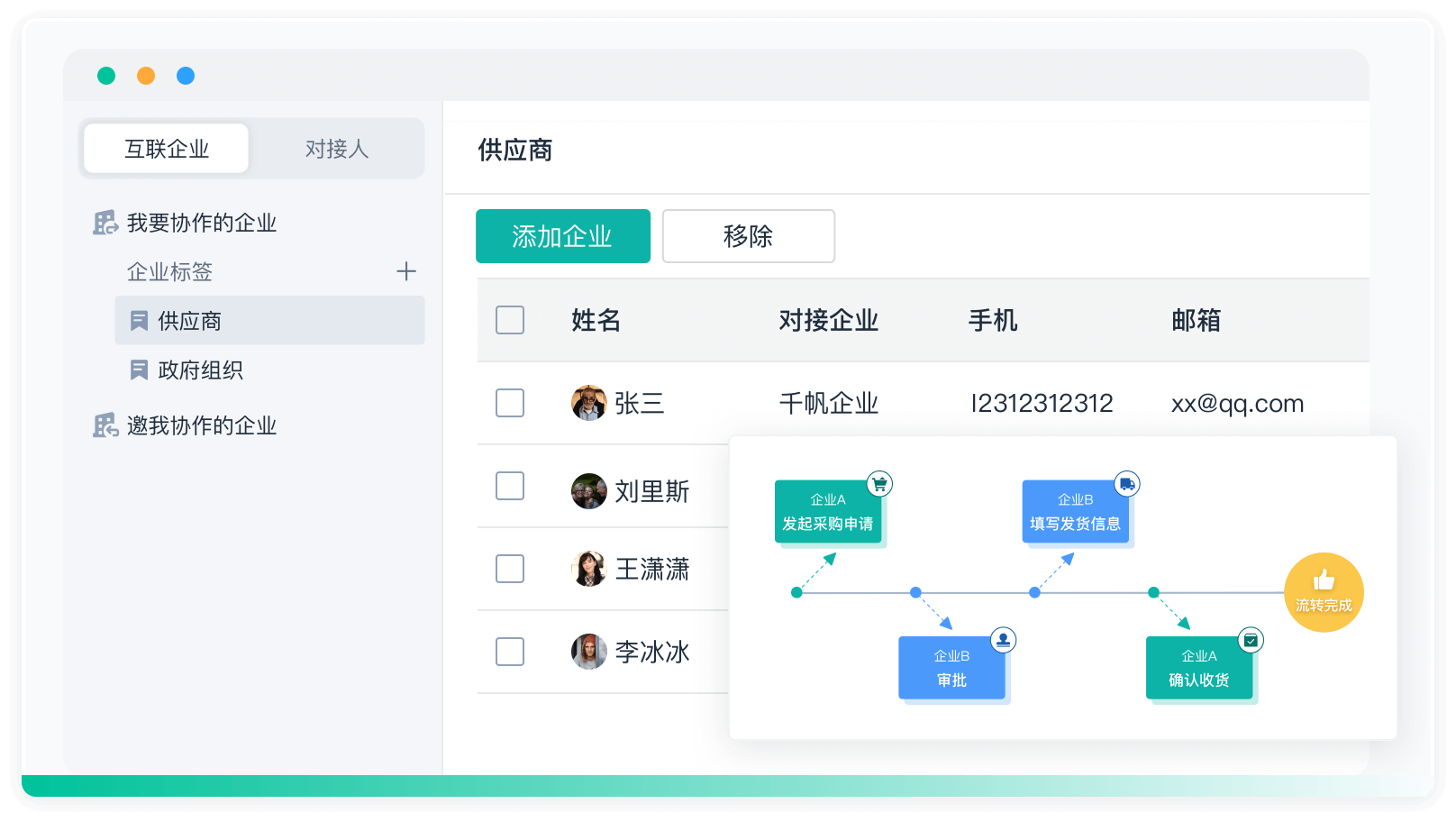
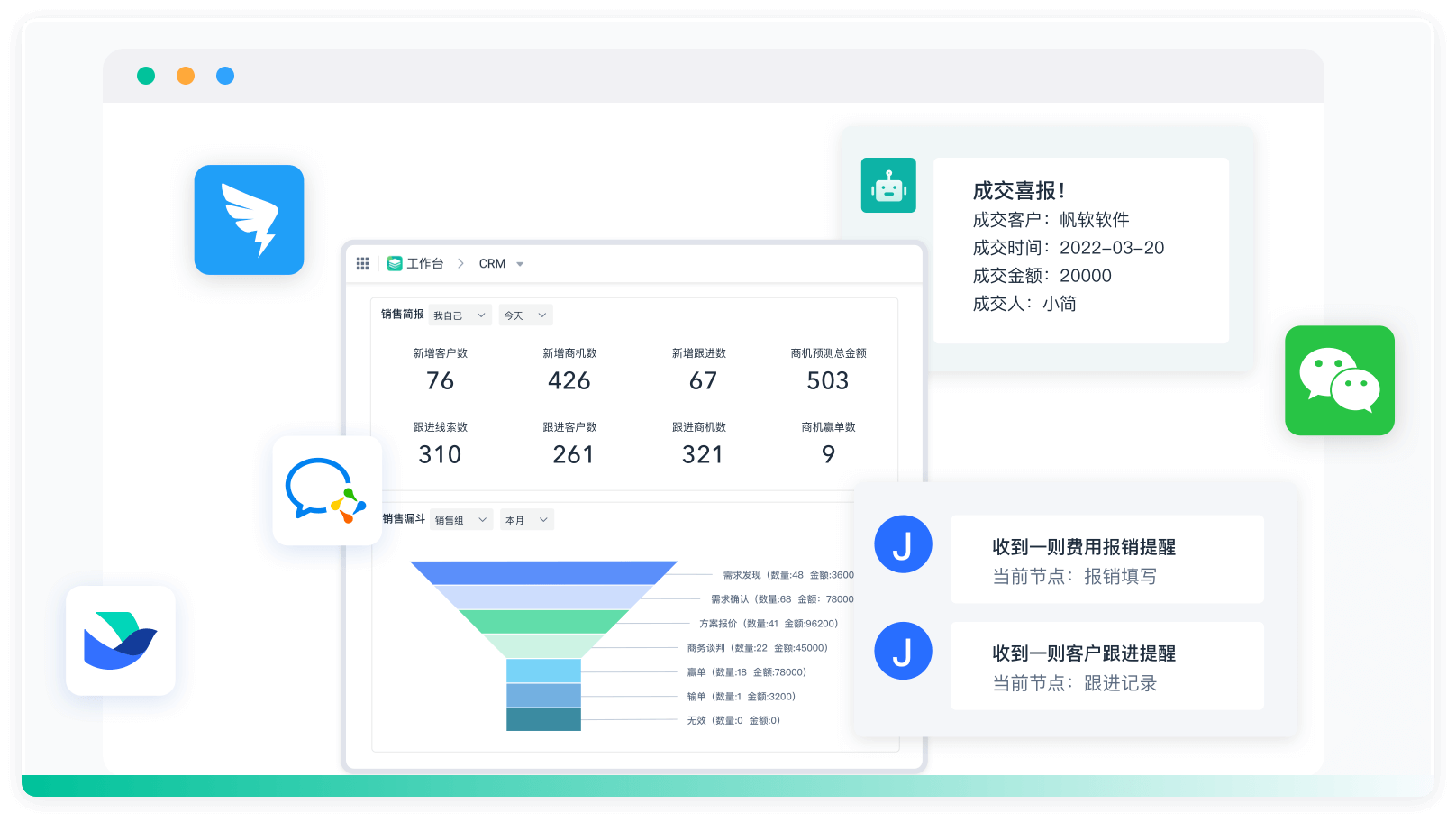
















































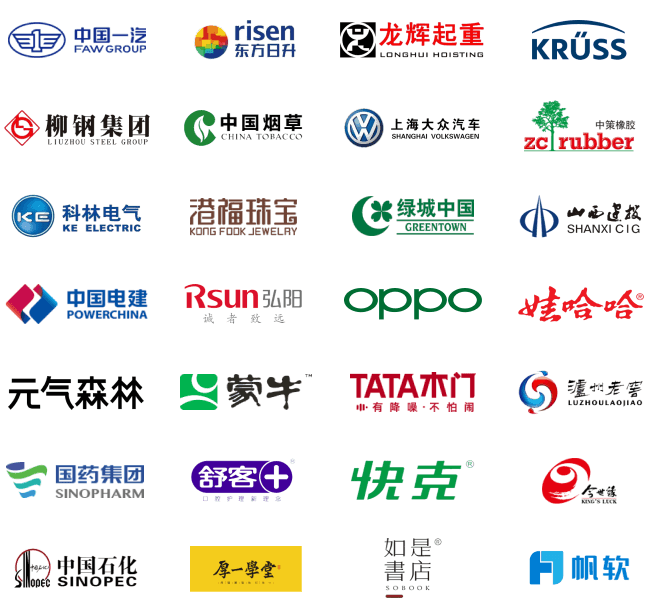
 《零代码开发知识图谱》
《零代码开发知识图谱》
 《零代码
新动能》案例集
《零代码
新动能》案例集
 《企业零代码系统搭建指南》
《企业零代码系统搭建指南》










领先企业,真实声音
简道云让业务用户感受数字化的效果,加速数字化落地;零代码快速开发迭代提供了很低的试错成本,孵化了一批新工具新方法。
郑炯蒙牛乳业信息技术高级总监
简道云把各模块数据整合到一起,工作效率得到质的提升。现在赛艇协会遇到新的业务需求时,会直接用简道云开发demo,基本一天完成。
谭威正中国赛艇协会数据总监
业务与技术交织,让思维落地实现。四年简道云使用经历,功能越来越多也反推业务流程转变,是促使我们成长的过程。实现了真正降本增效。
袁超OPPO(苏皖)信息化部门负责人
零代码的无门槛开发方式盘活了全公司信息化推进的热情和效率,简道云打破了原先集团的数据孤岛困局,未来将继续向数据要生产力。
伍学纲东方日升新能源股份有限公司副总裁
通过简道云零代码技术的运用实践,提高了企业转型速度、减少对高技术专业人员的依赖。在应用推广上,具备员工上手快的竞争优势。
董兴潮绿城建筑科技集团信息化专业经理
简道云是目前最贴合我们实际业务的信息化产品。通过灵活的自定义平台,实现了信息互通、闭环管理,企业管理效率真正得到了提升。
王磊克吕士科学仪器(上海)有限公司总经理
简道云让业务用户感受数字化的效果,加速数字化落地;零代码快速开发迭代提供了很低的试错成本,孵化了一批新工具新方法。
郑炯蒙牛乳业信息技术高级总监
简道云把各模块数据整合到一起,工作效率得到质的提升。现在赛艇协会遇到新的业务需求时,会直接用简道云开发demo,基本一天完成。
谭威正中国赛艇协会数据总监
业务与技术交织,让思维落地实现。四年简道云使用经历,功能越来越多也反推业务流程转变,是促使我们成长的过程。实现了真正降本增效。
袁超OPPO(苏皖)信息化部门负责人
零代码的无门槛开发方式盘活了全公司信息化推进的热情和效率,简道云打破了原先集团的数据孤岛困局,未来将继续向数据要生产力。
伍学纲东方日升新能源股份有限公司副总裁
通过简道云零代码技术的运用实践,提高了企业转型速度、减少对高技术专业人员的依赖。在应用推广上,具备员工上手快的竞争优势。
董兴潮绿城建筑科技集团信息化专业经理
简道云是目前最贴合我们实际业务的信息化产品。通过灵活的自定义平台,实现了信息互通、闭环管理,企业管理效率真正得到了提升。
王磊克吕士科学仪器(上海)有限公司总经理
简道云让业务用户感受数字化的效果,加速数字化落地;零代码快速开发迭代提供了很低的试错成本,孵化了一批新工具新方法。
郑炯蒙牛乳业信息技术高级总监
简道云把各模块数据整合到一起,工作效率得到质的提升。现在赛艇协会遇到新的业务需求时,会直接用简道云开发demo,基本一天完成。
谭威正中国赛艇协会数据总监
业务与技术交织,让思维落地实现。四年简道云使用经历,功能越来越多也反推业务流程转变,是促使我们成长的过程。实现了真正降本增效。
袁超OPPO(苏皖)信息化部门负责人
零代码的无门槛开发方式盘活了全公司信息化推进的热情和效率,简道云打破了原先集团的数据孤岛困局,未来将继续向数据要生产力。
伍学纲东方日升新能源股份有限公司副总裁
通过简道云零代码技术的运用实践,提高了企业转型速度、减少对高技术专业人员的依赖。在应用推广上,具备员工上手快的竞争优势。
董兴潮绿城建筑科技集团信息化专业经理
简道云是目前最贴合我们实际业务的信息化产品。通过灵活的自定义平台,实现了信息互通、闭环管理,企业管理效率真正得到了提升。
王磊克吕士科学仪器(上海)有限公司总经理